Act on mystery chest pain to reduce risk of heart attack, researchers urge
Powered by WPeMatico
Powered by WPeMatico
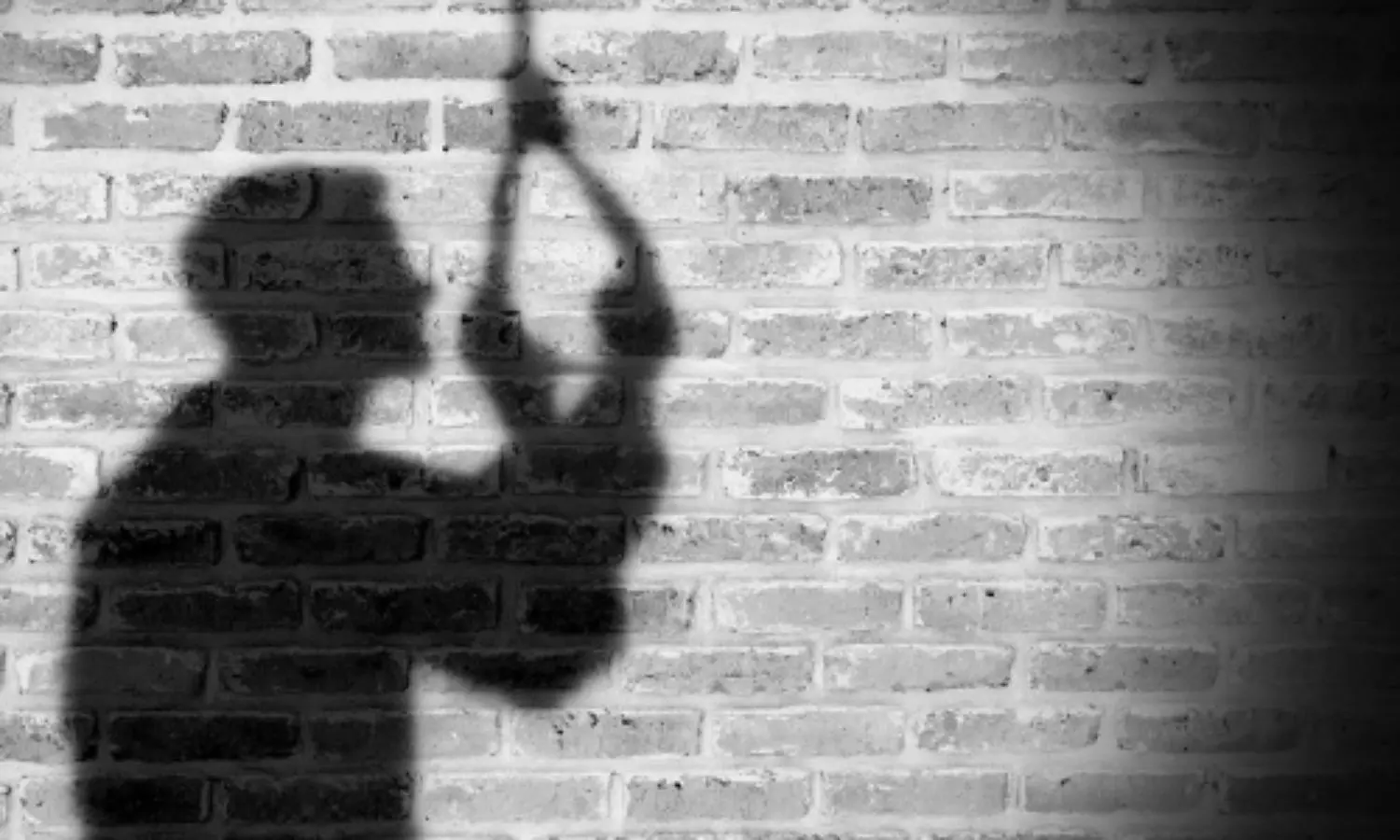
Kota: The coaching town of Kota has once again in spotlight as yet another NEET aspirant allegedly took her own life, marking the seventh suicide by a coaching student since the beginning of this year.
Somya Kurmi, a 19-year-old NEET aspirant was found hanging from the ceiling fan of her PG room late Wednesday night, Deputy Superintendent of Police Rajesh Tailor informed PTI. This heartbreaking incident comes just a day after the discovery of another NEET aspirant, Mohammad Urooj (20), who was found dead at his PG accommodation in Vigyan Nagar.
According to police, when Kurmi did not open her room, her friends broke open the door and found her hanging.
Also Read:Another NEET aspirant from UP ends life in Kota, 2nd such case in 2 days
A native of Amethi town in Uttar Pradesh’s Lucknow, Kurmi had been preparing for the competitive NEET exam from a coaching institute here for over a year, DSP Tailor said, adding that she had recently shifted to this PG in Mahavir Nagar about a month ago.
A note has been recovered from the student’s room but the police were yet to verify its relevance with the suicide, the DSP said.
During investigation, police found that earlier this week, the woman had some health complications and was admitted to MBS Hospital. She was discharged after a day of treatment.
After conducting a post-mortem, the body was handed over to the parents after they reached Kota on Thursday noon, Jawahar Nagar SHO Kamlesh Kumar Sharma informed mediapersons.
A case has been registered on the basis of the parents’ complaint and further probe is underway, the SHO said while denying that any suicide note was recovered from her room. This is the seventh case of suicide by a coaching student in Kota since January. In 2023, there were 26 suspected suicide cases of coaching students in Kota.
Also Read:19-year-old NEET aspirant commits suicide after losing money in online betting
Powered by WPeMatico
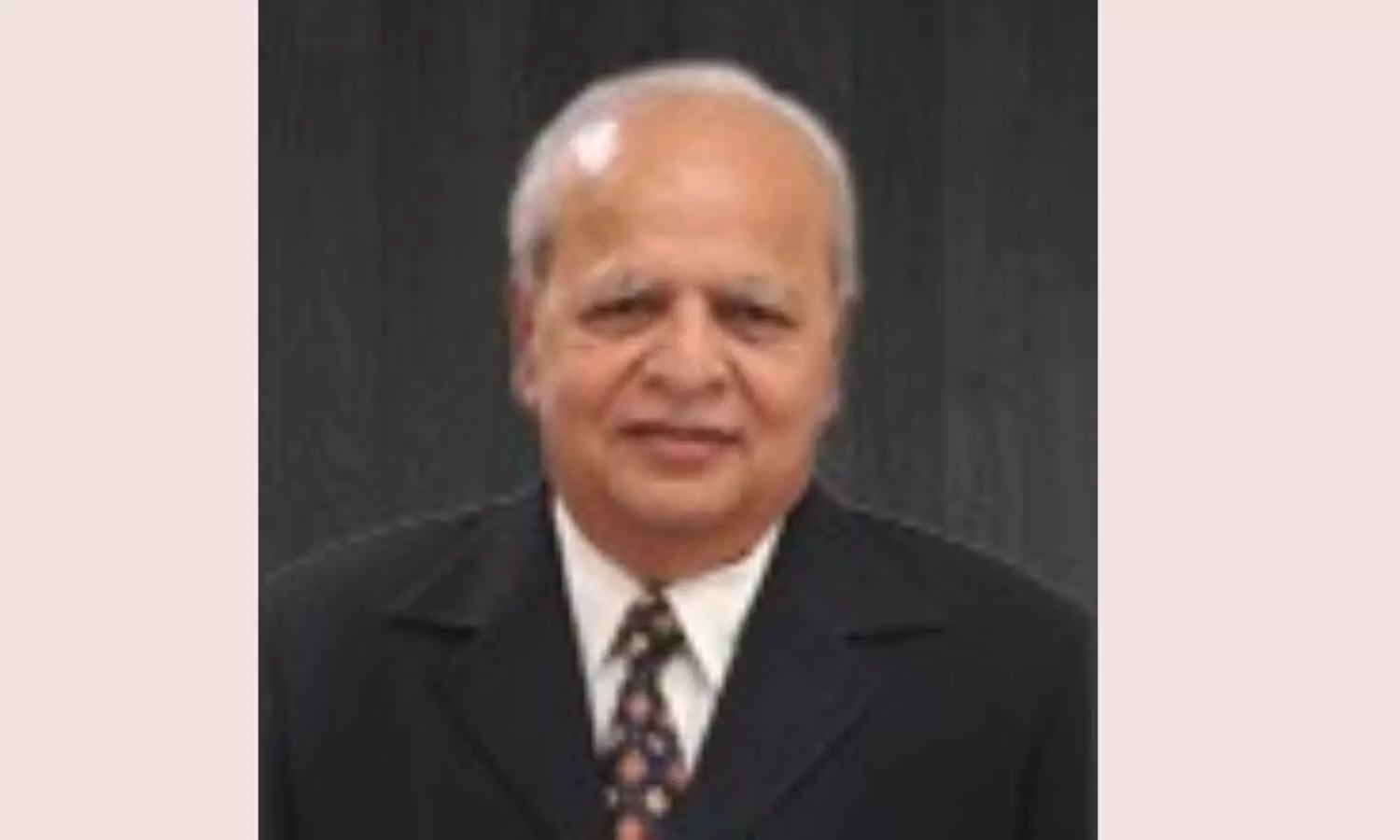
Maharashtra: Through a recent BSE filing, Sun Pharma has informed that Sailesh Trambaklal Desai will retire from the Company’s Board of Directors, as he is completing his term as a Director on March 31, 2024.
“This is to inform that Mr. Sailesh Trambaklal Desai (DIN: 00005443) retires from the Board of Directors of the Company upon completion of his term as a Director on March 31, 2024,” the Company stated.
Sailesh T. Desai has more than 28 years of industrial experience, 18 of which have been in the pharmaceutical industry. Desai has extensive and comprehensive corporate affairs experience, being involved in the turnaround at Milmet prior to Sun Pharma’s acquisition, as well as in the early stages of the company’s growth. He holds a BSc degree from the University of Calcutta.
Read also: Sun Pharma to buy 16.33 percent stake in Surgimatix for over Rs 25 crore
Sun Pharma is an Indian multinational pharmaceutical company headquartered in Mumbai, Maharashtra. The company manufactures and markets a large basket of pharmaceutical formulations covering a broad spectrum of chronic and acute therapies. It includes generics, branded generics, specialty, complex or difficult-to-make technology-intensive products, over-the-counter (OTC), antiretrovirals (ARVs), Active Pharmaceutical Ingredients (APIs), and Intermediates.
Read also: Sun Pharma gets Australian regulatory nod for acne vulgaris treatment Winlevi
Powered by WPeMatico

Mangaluru: Approximately 100 postgraduate (PG) students enrolled at a private medical college in Sullia are in a standoff with the college authorities regarding the non-payment of their stipends. The students alleged that despite established guidelines by the National Medical Council and state government regarding stipend amounts, the college management is not adhering to these directives.
As per a recent media report by Times of India, though the doctors have been making persistent efforts spanning several months, their appeals fell on deaf ears and the college administration failed to provide any satisfactory resolution to their grievances. Under such circumstances, the PG doctors are contemplating staging a protest to draw attention to their plight. Previous attempts at organizing protests were reportedly thwarted by management intervention, accompanied by promises of resolution. However, the students remain undeterred, and on Wednesday, they reached out to bank officials, requesting the issuance of their bank passbooks and other essential documents directly to them.
Powered by WPeMatico
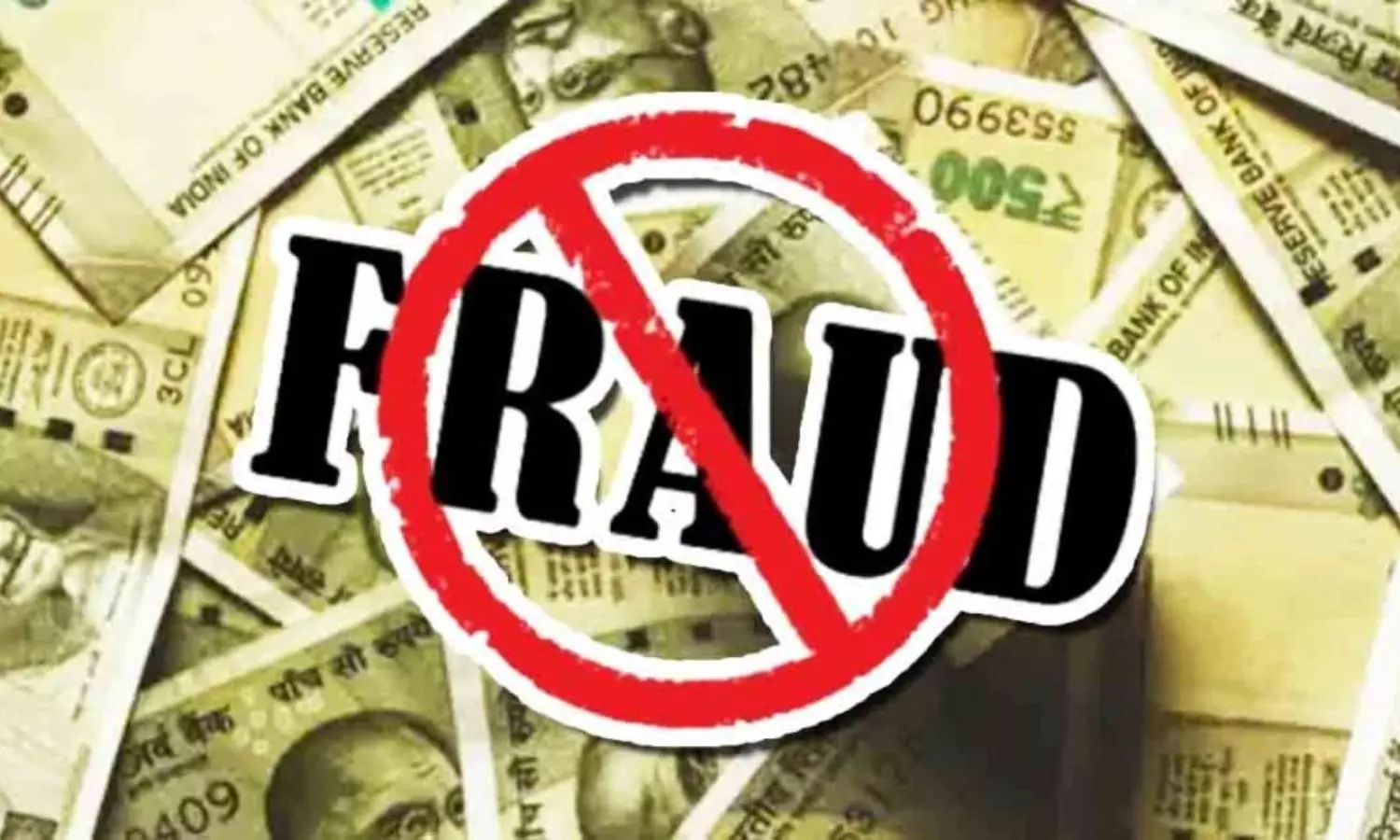
Mumbai: A Mumbai-based doctor has been duped of Rs 67,500 while trying to book rooms for a vacation in Meghalaya. The accused allegedly introduced himself as Pramod, the booking-in-charge of a hotel.
The complainant has been identified as a 48-year-old doctor working at Bombay Hospital. In a complaint with the Azad Maidan police, the doctor mentioned that he wanted to go on a summer vacation with his family to Meghalaya. He had already booked tickets and needed to arrange accommodation before the trip. He started searching for a suitable hotel online. While searching online, he ended up finding the Heritage Club Tripura Castle in Shillong via Google. He made contact with an individual who claimed to be a representative of the hotel, reports Free Press journal.
Under his persuasion, the doctor transferred Rs 67,500 into the hotel’s account to reserve three rooms. Initially, an advance payment of Rs 33,500 was made by him, with an agreement to settle the balance upon arrival. However, the accused insisted on the full payment, citing purported technical glitches with the system. Reluctantly, the doctor complied with his request and transferred the remaining sum. Subsequently, he received another call asserting that the payments had not been registered in the system. Despite the doctor’s compliance, he kept on demanding the full amount anew, declining to refund the initial deposit.
Powered by WPeMatico
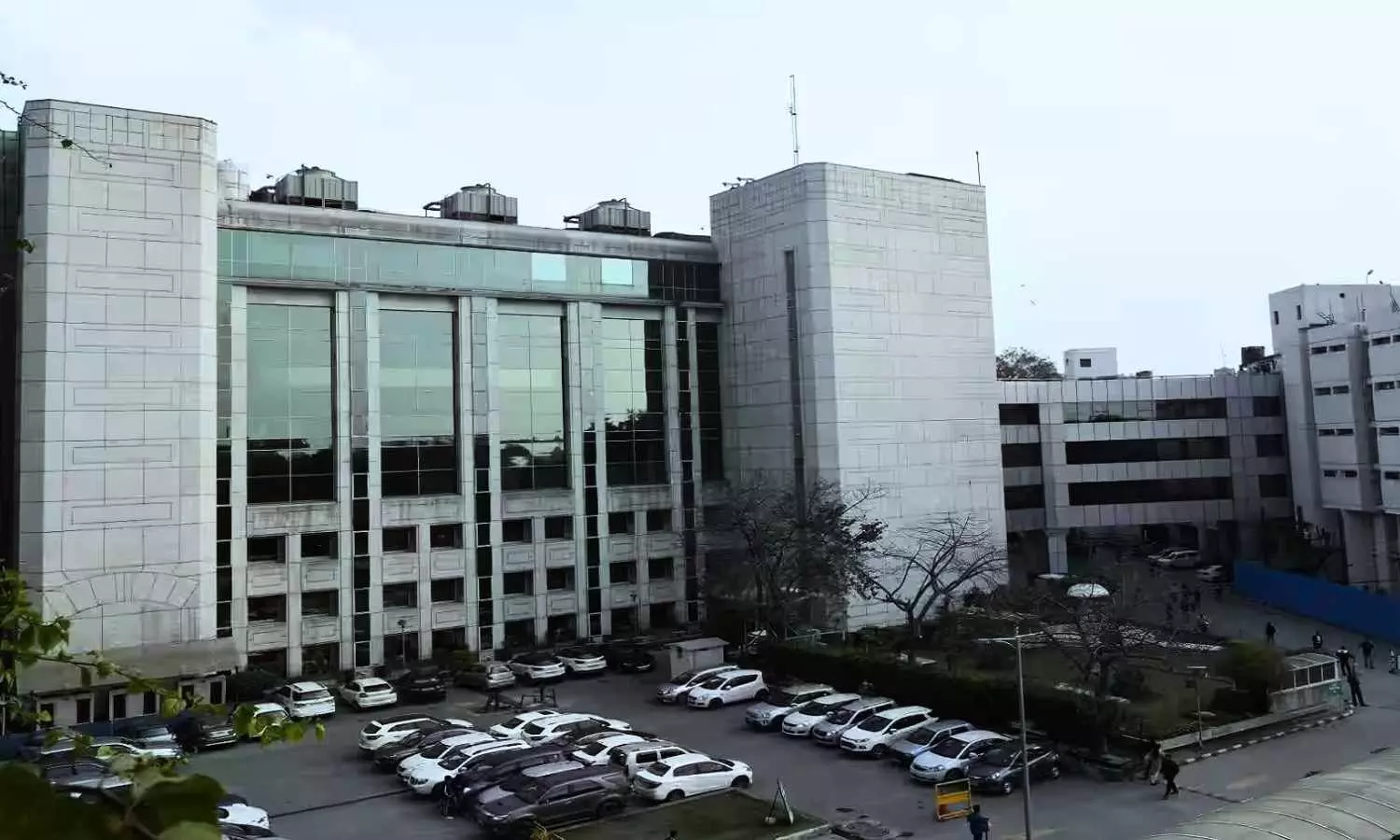
New Delhi: Religare Enterprises Ltd (REL), a leading diversified financial services group, has played a pivotal role in advancing the healthcare services of the Arunachal Pradesh Government by facilitating a kidney transplant surgery at Sir Ganga Ram Hospital (SRGH), New Delhi.
The surgery, conducted by an expert team at the Hospital on Tuesday, marks a significant milestone in the state’s journey towards enhancing healthcare accessibility and quality for its citizens.
The surgery paves the way for the establishment of a Centre of Excellence for Renal Sciences at TRIHMS. The initiative is a part of Religare’s larger social commitment through the Religare Care Foundation (RCF) to support the state in establishing the required physical infrastructure and enhancing skill development in various medical specialities in the state.
Also Read:AP Govt inks MoU with Sir Ganga Ram Hospital, Religare Enterprises to boost tertiary healthcare services
In 2023, the Government of Arunachal Pradesh, SRGH and REL signed an MoU to strengthen the state’s healthcare services with the objective of making the state a hub for advanced medical care in the North East region. SRGH is the technical partner.
Commenting on the achievement, Dr Rashmi Saluja, Executive Chairperson, REL said, “The successful kidney transplant, performed on the first patient from Arunachal Pradesh, underscores the importance of public-private partnerships in addressing complex healthcare challenges and improving patient outcomes. Through the collaboration with the Arunachal Pradesh Government and Sir Ganga Ram Hospital, Religare Enterprises has demonstrated its commitment to supporting the state’s healthcare infrastructure and leveraging expertise to benefit the local community.”
The patient, hailing from Arunachal Pradesh, underwent the procedure smoothly, thanks to the combined efforts of the medical team and the support provided by Religare Enterprises. Commenting on this complex transplant, Dr Ajay Swaroop, Chairman, Board of Management, SRGH said, “We are pleased to have been able to contribute to this important milestone in Arunachal Pradesh’s healthcare journey. We are thankful to Religare Enterprises Limited for its continued support for the cause. Through collaborative efforts and advanced medical expertise, we are committed to improving patient outcomes and expanding access to critical healthcare services in the North East region.”
Commenting on the role of the Hospital, Dr DS Rana, Chairman – Board of Trustees at SRGH and Dr Anil Kumar Bhalla, Honorary Secretary, Board of Management at SRGH said, “We are thrilled to be associated with this initiative led by Religare Enterprises Ltd. Sir Ganga Ram Hospital has been at the forefront of numerous medical advancements and interventions. It is yet another extraordinary effort, where our goal is to train a group of doctors and healthcare professionals for the region and bring medical treatment closer to those in need.”
Commenting on the surgery, Dr Harsha Jauhari, Chairman of the Department of Renal Transplant Surgery at SRGH said, “We have reached a noteworthy accomplishment with this transplantation, which was a four-hour operation. Diagnosed around 10 months back with progressive renal failure, the patient was getting treated at TRIHMS, Itanagar. Moving forward, we will persist in assisting the shared goal of the partnership between the Arunachal Pradesh Government, TRIHMS, and Religare Enterprises.”
By partnering with leading healthcare institutions like Sir Ganga Ram Hospital, Religare Enterprises aims to bring world-class healthcare services closer to home for patients in remote and underserved areas.
Powered by WPeMatico
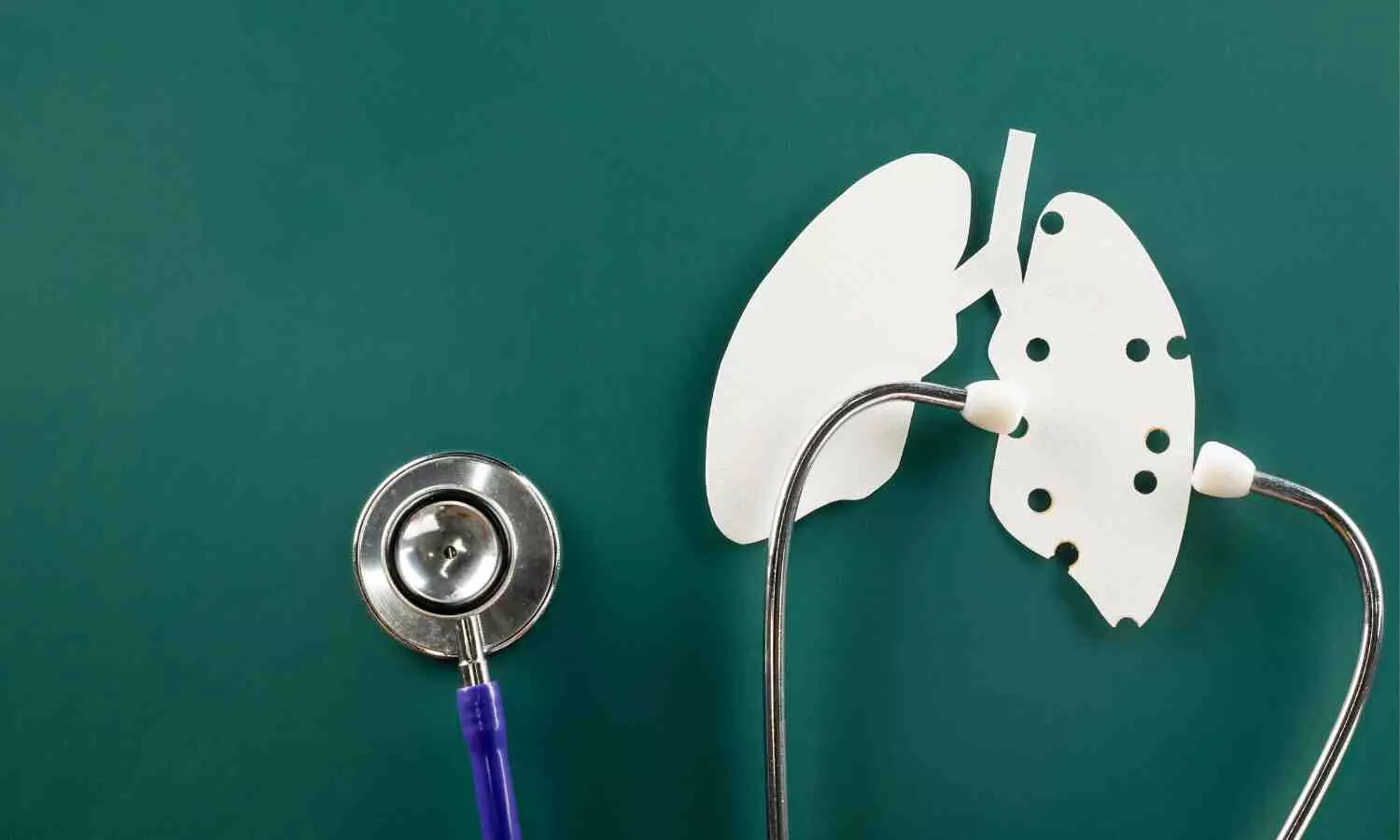
Bengaluru: Karnataka Health Minister Dinesh Gundu Rao has accused the Central government of impeding the supply of anti-tuberculosis drugs in the state, endangering the lives of thousands of TB patients. He has written to the Centre to take immediate action, seeking a supply of anti-TB drugs.
In his post on X, Dinesh Gundu Rao mentioned that critical medications are not available in sufficient quantities.
“It is deeply concerning that the Union Government’s frequent interruptions in the supply of Anti-TB drugs are jeopardising the health and well-being of over 80,000 TB patients annually in Karnataka. Despite our relentless efforts to ensure continuous treatment, the recent directives have only exacerbated the situation,” he said.
Also Read:Renowned Ophthalmologist Dr Atul Kamath bags Ophthalmic Heroes of India Award
“It is unacceptable that critical medications are not available in sufficient quantities, especially when the lives of thousands of TB patients are at stake. The Union Government’s delayed communication and issuance of directives during the model code of conduct have severely hampered our efforts to procure essential drugs promptly,” he added.
Further, he urged the Central government to immediately take action and solve the situation.
According to ANI, “Neglecting people’s health under the pretext of the election code of conduct is unjustifiable. I urge the Union Government to take immediate action to rectify this situation,” the Karnataka health minister added.
Furthermore, Deputy Chief Minister DK Shivakumar criticized the Centre for what he termed as “stepmotherly treatment” towards Karnataka, especially concerning funding for various development projects amid drought conditions.
In an exclusive conversation with ANI, when asked about his claims of paucity of funds for projects, DK Shivakumar said, “…In Karnataka, there was a double-engine government. Chief Minister Bommai, when he was in power himself, admitted on record in the assembly that we would have to fight for our share.”
He accused the Centre of not giving an extra 50 days of work in drought-hit Taluks.
“I am not talking about big things, there is MGNREGA programme, in which every drought time they have to permit us 150 days, but they are giving only 100 days, they have to give 50 more days. This is the law of the country, this is mandatory. We have 200 Taluks under drought, but not a single rupee has been given funds for drought. My Chief Minister and ministers all met the Prime Minister, Home Minister and other Union Ministers– requested all of them. But nothing has been given,” the Congress leader said.
Powered by WPeMatico
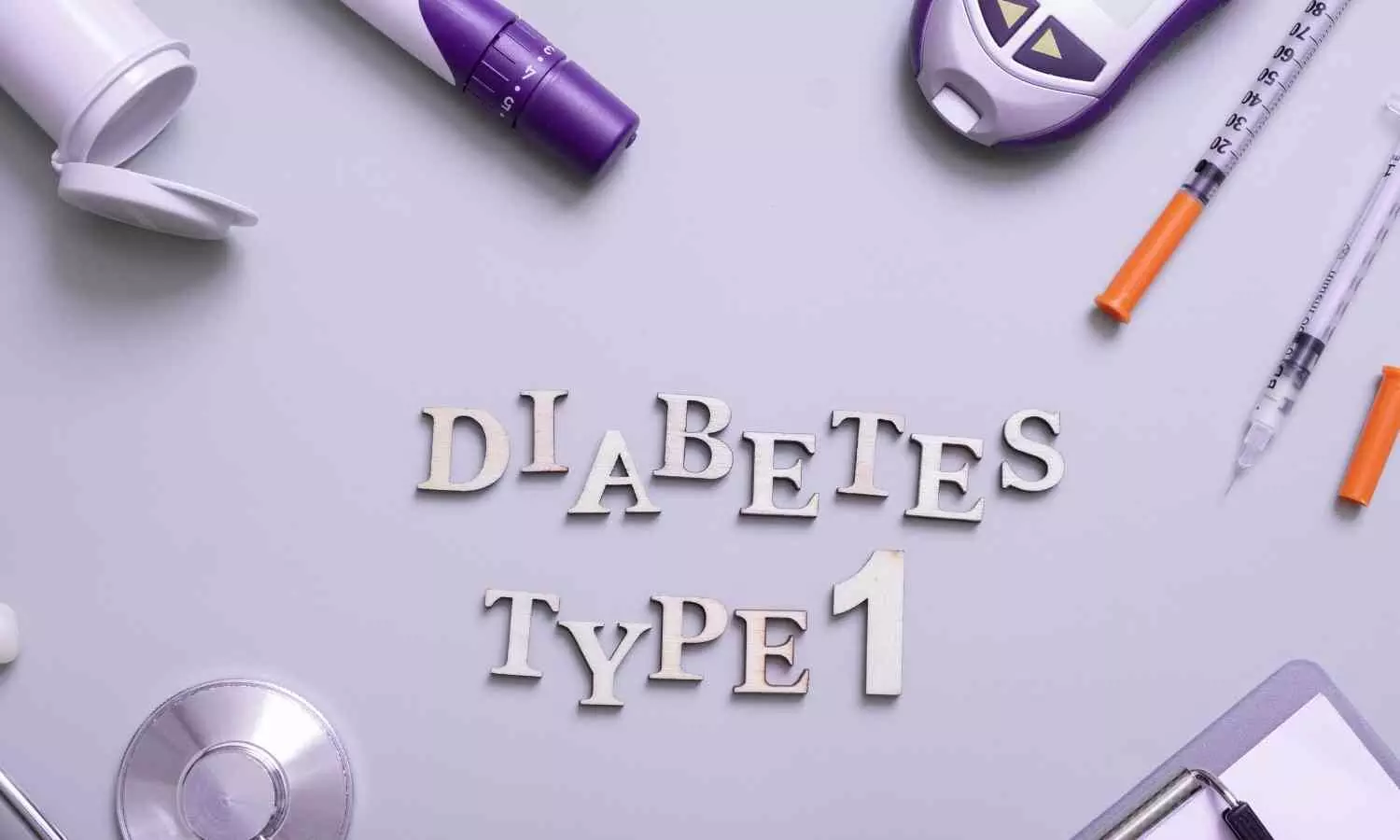
Researchers have found in a groundbreaking new study that low-fat vegan diet reduces insulin requirements and improves insulin sensitivity for people with type 1 diabetes.
A low-fat vegan diet rich in fruits, vegetables, grains, and beans reduces insulin needs and improves insulin sensitivity and glycemic control in people with type 1 diabetes, according to a first-of-its-kind study by the Physicians Committee for Responsible Medicine published in Clinical Diabetes. The study also found that a vegan diet led to improvements in cholesterol levels, kidney function, and weight.
Type 1 diabetes is thought to be caused by an autoimmune reaction that destroys the beta cells in the pancreas that make insulin. Insulin is a hormone that helps move glucose (sugar) from the blood into muscle and liver cells to be used as energy. People with type 1 diabetes must take insulin because their body doesn’t produce enough. Some people with type 1 diabetes may also have insulin resistance, which is a condition in which cells don’t respond well to insulin and glucose remains in the blood. Insulin resistance is strongly influenced by dietary fat, which can inhibit glucose from entering the cells. Over time, high blood glucose levels can lead to health complications.
In the 12-week study, which is the first randomized clinical trial to look at a vegan diet in people with type 1 diabetes, 58 adults with type 1 diabetes were randomly assigned to either a low-fat vegan group with no limits on calories or carbohydrates, or a portion-controlled group that reduced daily calorie intake for overweight participants and kept carbohydrate intake stable over time.
Those in the low-fat vegan diet group reduced the amount of insulin they needed to take by 28% and increased insulin sensitivity (how well the body responds to insulin) by 127%, compared with those following the portion-controlled diet. This was associated with changes in body weight. Body weight decreased by about 11 pounds on average in the vegan group, compared with a nonsignificant change in body weight in the portion-controlled group. Changes in insulin sensitivity were also associated with increased carbohydrate and fiber intake. Previous research shows that reducing fat and protein intake is also associated reduced insulin requirements and improved insulin sensitivity in people with type 1 diabetes.
In the vegan group, total cholesterol decreased by 32.3 mg/dL compared to 10.9 mg/dL in the portion-controlled group. LDL cholesterol decreased by approximately 18.6 mg/dL in the vegan group and did not change significantly in the portion-controlled group.
Type 1 diabetes is associated with an increased risk of cardiovascular disease and death. In this study, the reduction in insulin use on the vegan diet corresponds to a 9% reduction in cardiovascular risk; the decrease in HbA1c corresponds to a 12% and 8.8-12% reduced risk of heart attack and cardiovascular disease, respectively; and the reduction in LDL cholesterol corresponds to an approximate 20% reduced risk for a major cardiac event, including heart attack and stroke.
Approximately 40,000 new cases of type 1 diabetes are diagnosed each year. Recent analyses project up to a 107% increase in prevalence of type 1 diabetes by 2040. The annual cost of type 1 diabetes care increased by more than 50% from 2012 and 2016, primarily due to rising costs of insulin and diabetes monitoring equipment.
“With the cost of insulin remaining a concern for many, our groundbreaking research shows that a low-fat vegan diet that doesn’t restrict carbs may be the prescription for reducing insulin needs, managing blood sugar levels, and improving heart health in people with type 1 diabetes,” says Hana Kahleova, MD, PhD, the lead author of the study and director of clinical research at the Physicians Committee for Responsible Medicine.
Reference:
Hana Kahleova, Tatiana Znayenko-Miller, Karen Smith, Cyrus Khambatta, Robby Barbaro, Macy Sutton, Danielle N. Holtz, Mark Sklar, Desiree Pineda, Richard Holubkov, Neal D. Barnard; Effect of a Dietary Intervention on Insulin Requirements and Glycemic Control in Type 1 Diabetes: A 12-Week Randomized Clinical Trial. Clin Diabetes 2024; cd230086. https://doi.org/10.2337/cd23-0086.
Powered by WPeMatico
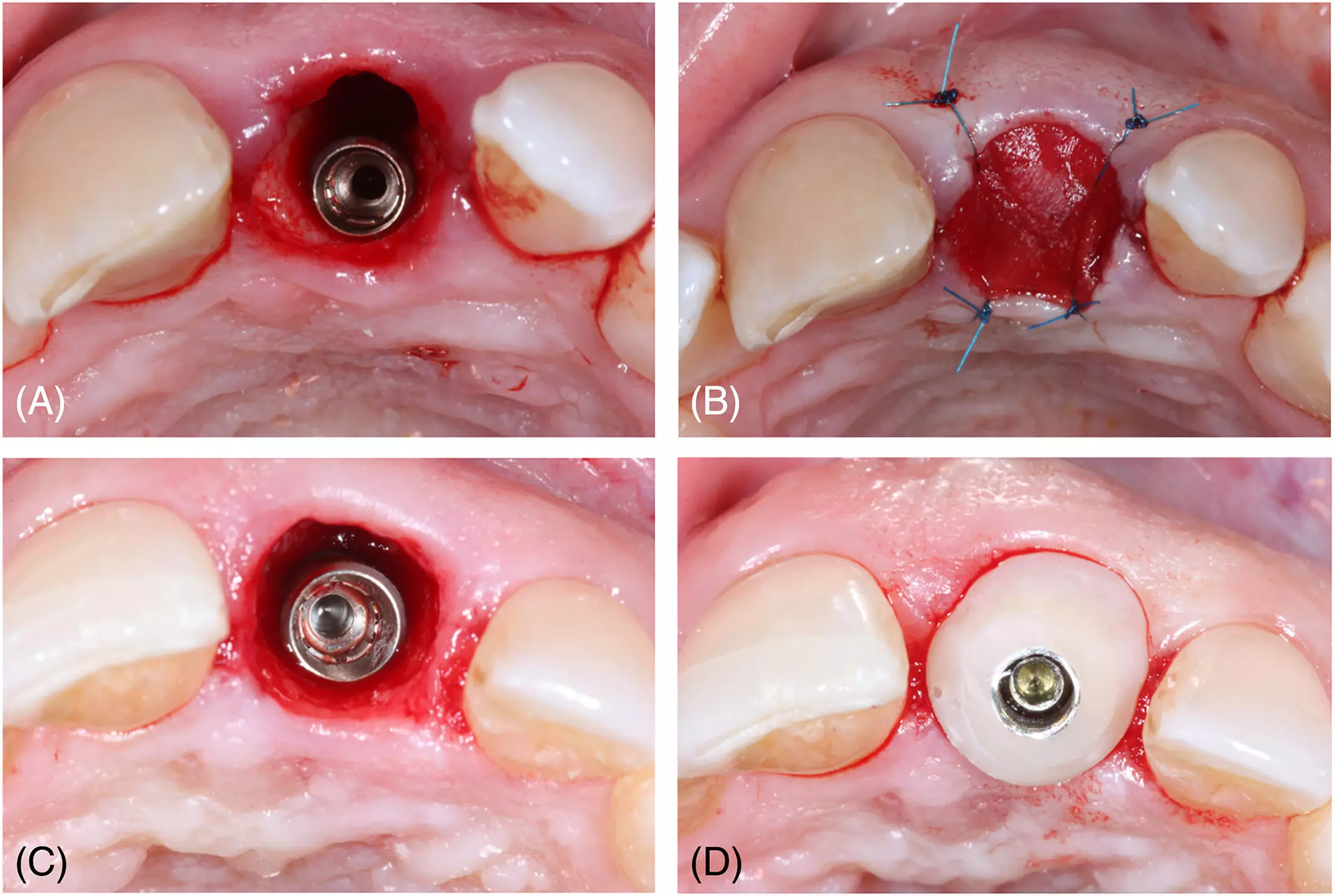
Customized Healing Abutments for Immediately Placed Implants are tied to Favorable Peri-Implant Soft Tissue Outcomes suggests a study published in The International Journal of Oral & Maxillofacial Implants.
A study was done to evaluate the peri-implant outcomes of customized healing abutments (CstHA) placed on dental implants inserted in fresh tooth extraction sockets. Materials and Methods: The study was registered on PROSPERO: CRD42022304320. A systematic search in PubMed, Scopus, and Web of Science was conducted between April 2022 and October 2022 to identify clinical studies involving immediate implant surgery associated with CstHA placement. The Joanna Briggs Institute Critical Appraisal and RoB2 tool were performed for the risk of bias analysis. Results: A total of 12 studies were included, most of them with low risk of bias. Four studies compared CstHA vs conventional healing abutments (CnvtHA), two compared CstHA vs cover screw and collagen matrix (CMa), and six were clinical case series. For the CstHA vs CnvtHA comparison, favorable results were observed for CstHA considering papilla maintenance and probing depth, yet the mean marginal bone level was statistically similar between CstHA and CnvtHA. CstHA showed advantages when compared to CMa for total bone volume, papilla height, and midfacial mucosa maintenance. Significantly less horizonal bone loss was reported when using CstHA compared with CMa. Horizontal and vertical bone loss was observed in a few (or no) sites in the case series using CstHA. Conclusions: CstHA provides favorable peri-implant response because in general it does not result in a significant loss of soft and hard tissues.
Reference:
Chokaree P, Poovarodom P, Chaijareenont P, Rungsiyakull P. Effect of Customized and Prefabricated Healing Abutments on Peri-Implant Soft Tissue and Bone in Immediate Implant Sites: A Randomized Controlled Trial. J Clin Med. 2024 Feb 2;13(3):886. doi: 10.3390/jcm13030886. PMID: 38337580; PMCID: PMC10856257.
Keywords:
Customized Healing, Abutments, Immediately, Placed, Implants, Favorable, Peri-Implant, Soft Tissue Outcomes, The International Journal of Oral & Maxillofacial Implants, soft tissue–implant interactions, prosthodontics, wound healing, Chokaree P, Poovarodom P, Chaijareenont P, Rungsiyakull
Powered by WPeMatico

Us of Febuxostat linked to increased CV risk among Asians suggests a new study published in the Clinical and Translational Science.
The cardiovascular (CV) safety of febuxostat compared to allopurinol for the treatment of hyperuricemia among Asian patients is uncertain. In this study, we conducted a systematic review and meta-analysis to compare the CV safety profiles of febuxostat with allopurinol in Asian patients with hyperuricemia. A total of 13 studies were included. On the basis of the pooled results of cohort studies, febuxostat users were at a significantly higher risk for acute coronary syndrome (ACS; hazard ratio [HR]: 1.06, 95% confidence interval [CI]: 1.03-1.09, p < 0.01), atrial fibrillation (HR: 1.19, 95% CI: 1.05-1.35, p < 0.01) than allopurinol users, whereas no significant difference between febuxostat and allopurinol existed for urgent coronary revascularization (HR: 1.07, 95% CI: 0.98-1.16, p = 0.13), and stroke (HR: 0.96, 95% CI: 0.91-1.01, p = 0.13).
Nevertheless, that difference in results of acute decompensated heart failure (ADHF; HR: 0.73, 95% CI: 0.35-1.53, p = 0.40) and all-cause death (HR = 0.86, 95% CI: 0.49-1.51, p = 0.60) was not significant based on randomized controlled trials. In the Chinese subgroup, febuxostat could increase the risk of ADHF (HR: 1.22, 95% CI: 1.01-1.48, p < 0.05), CV death (HR: 1.25, 95% CI: 1.03-1.50, p < 0.05), and all-cause mortality (HR: 1.07, 95% CI: 1.01-1.14, p < 0.05) compared to allopurinol. In conclusion, the use of febuxostat, compared with allopurinol among Asian patients, was associated with a significantly increased risk of adverse CV events.
Reference:
Deng JH, Lai PH, Xie LS, Qiu SS, Qiu DS, Zhang JX. Cardiovascular safety of febuxostat versus allopurinol among the Asian patients with or without gout: A systematic review and meta-analysis. Clin Transl Sci. 2024;17(3):e13757. doi:10.1111/cts.13757
Powered by WPeMatico
